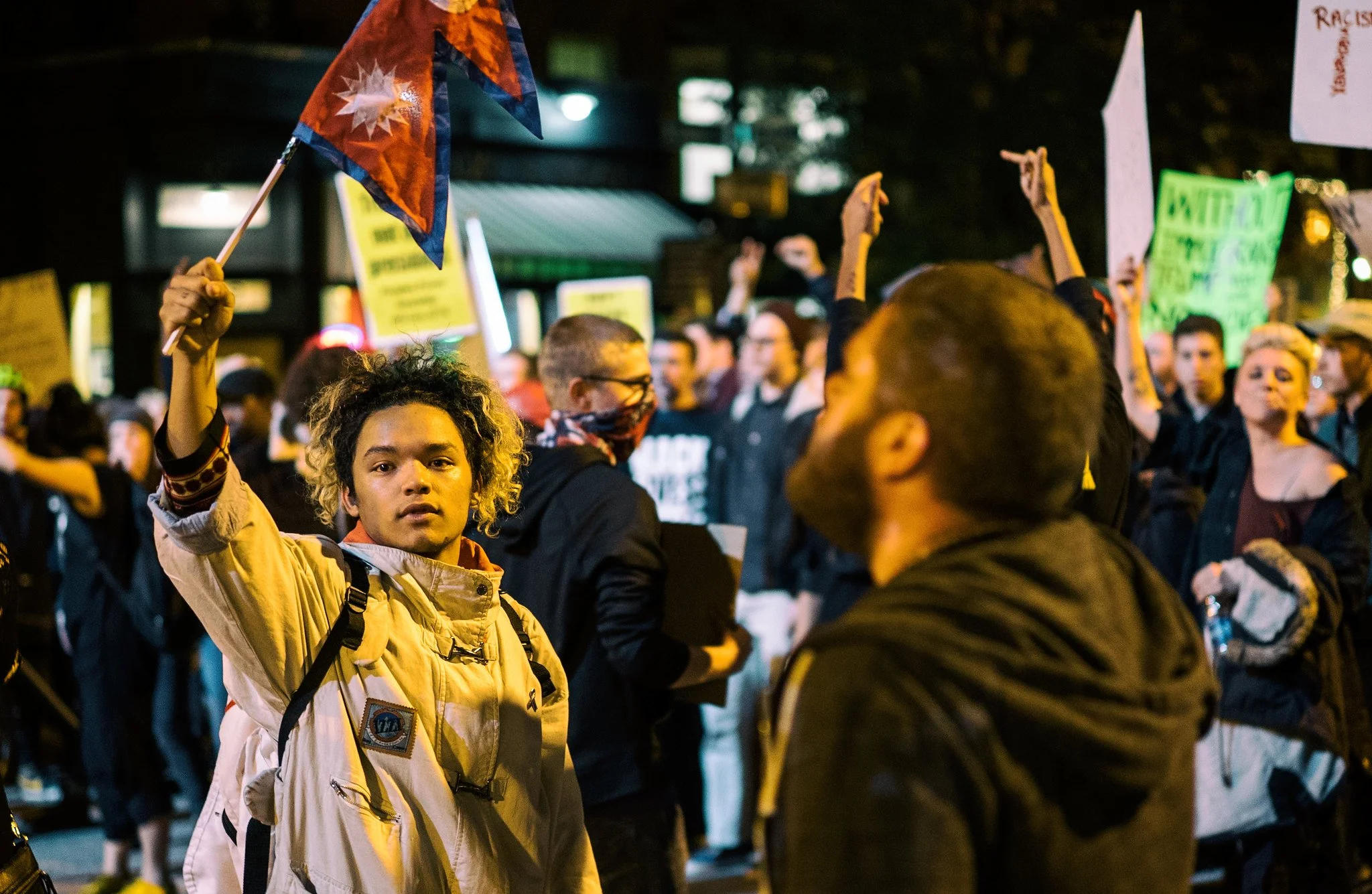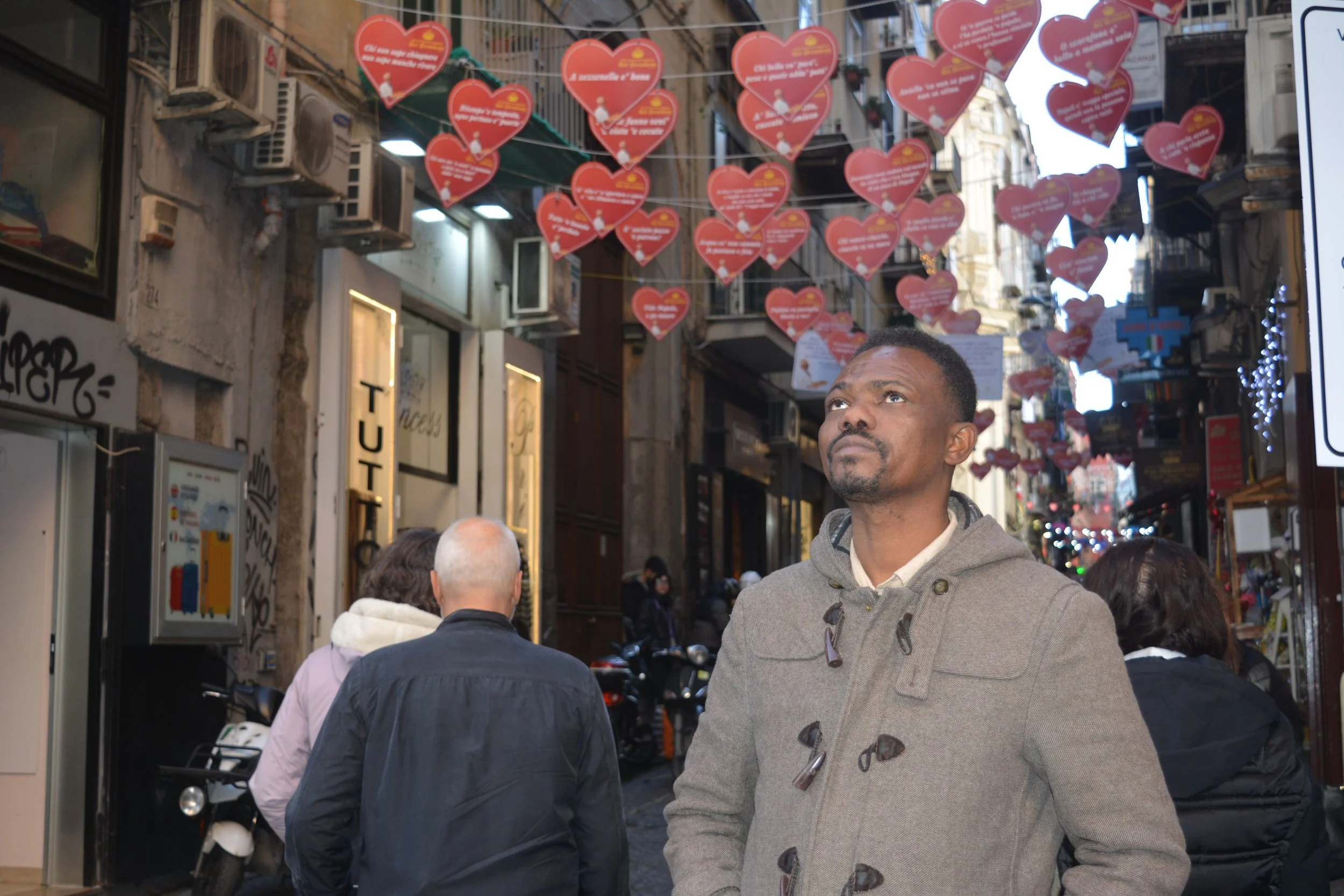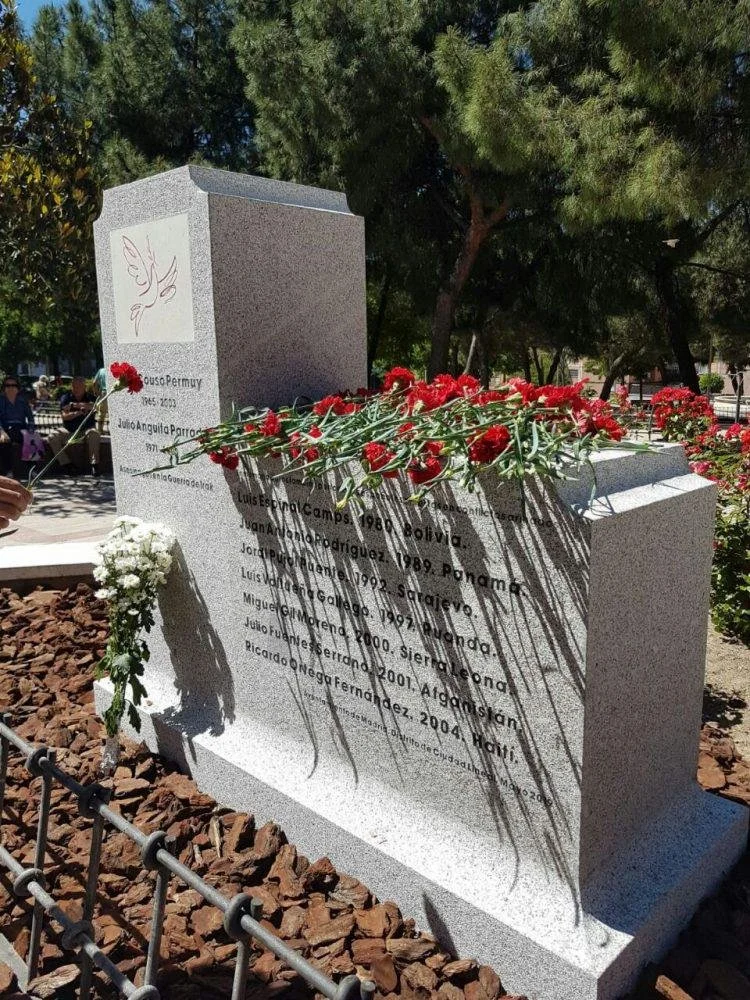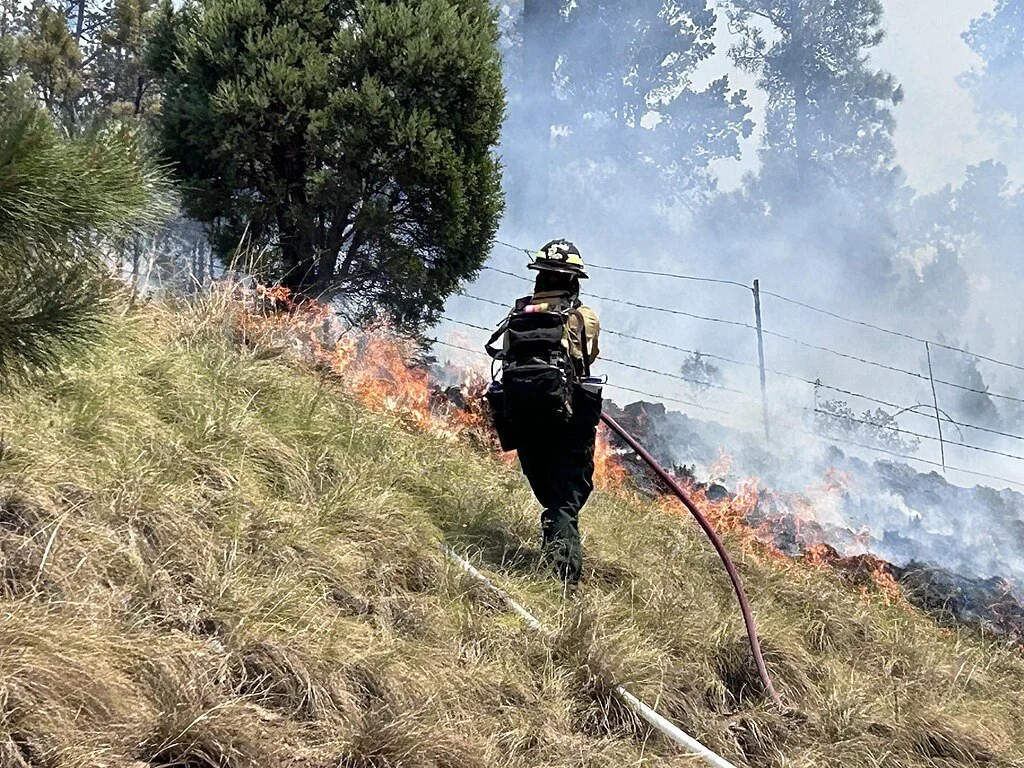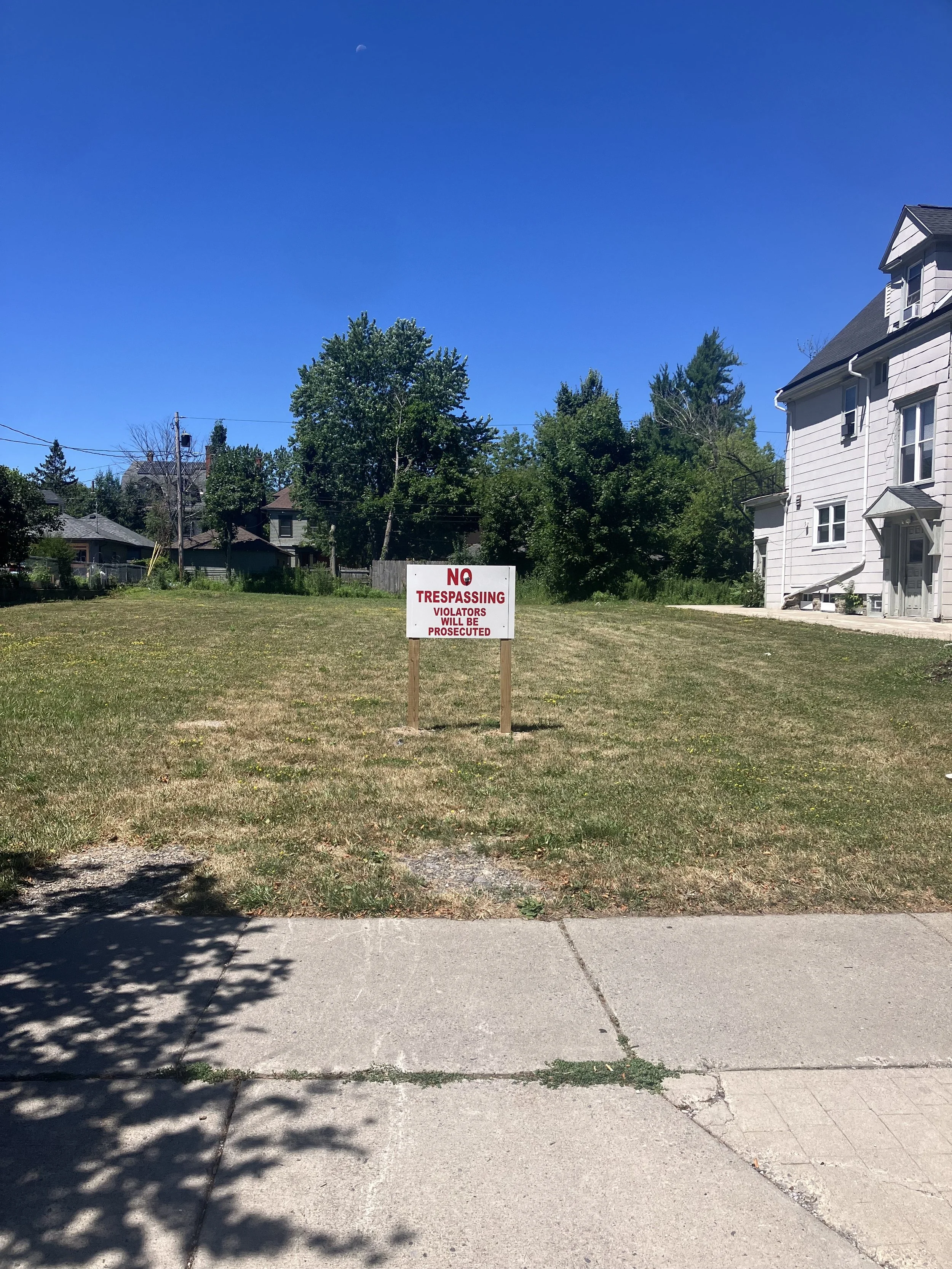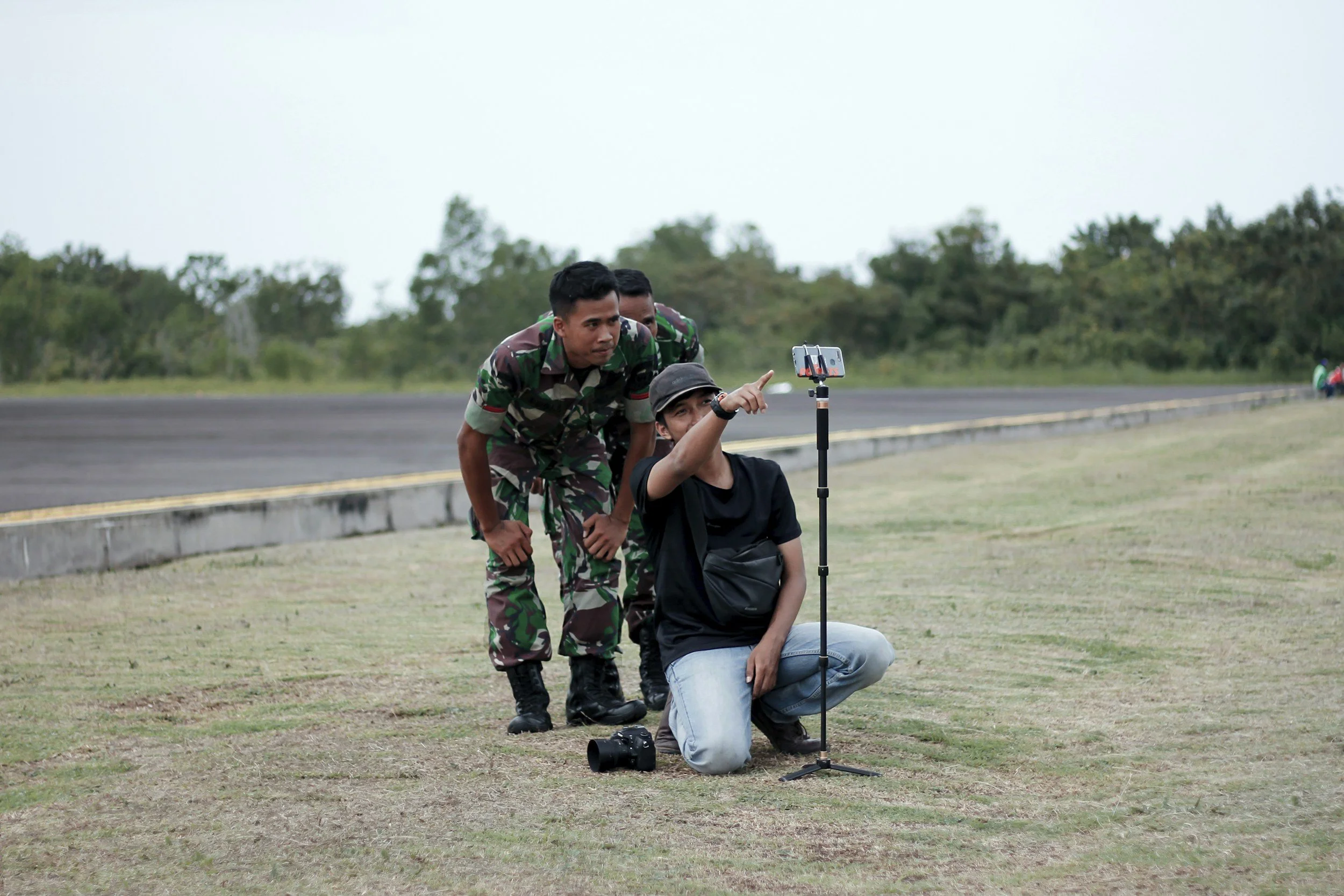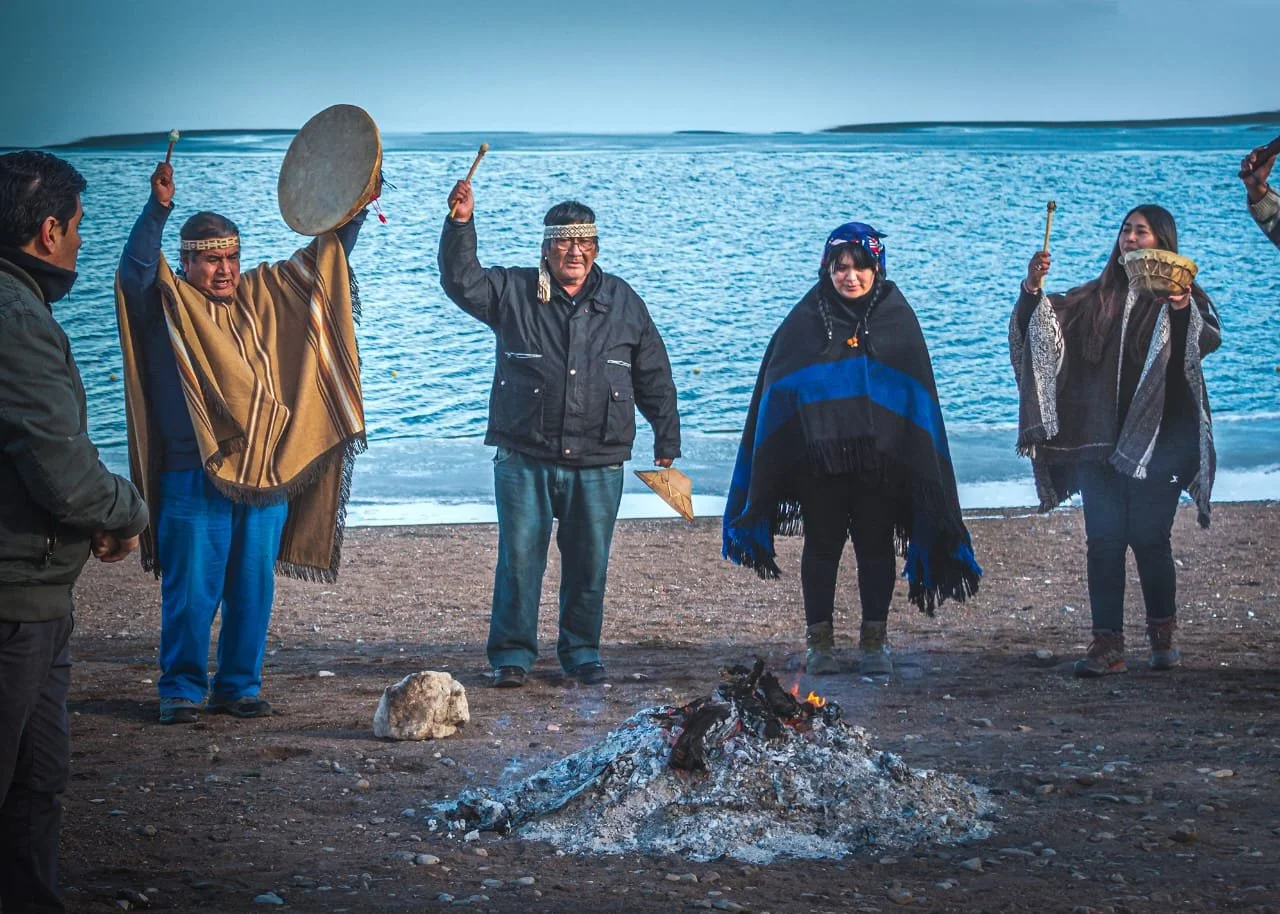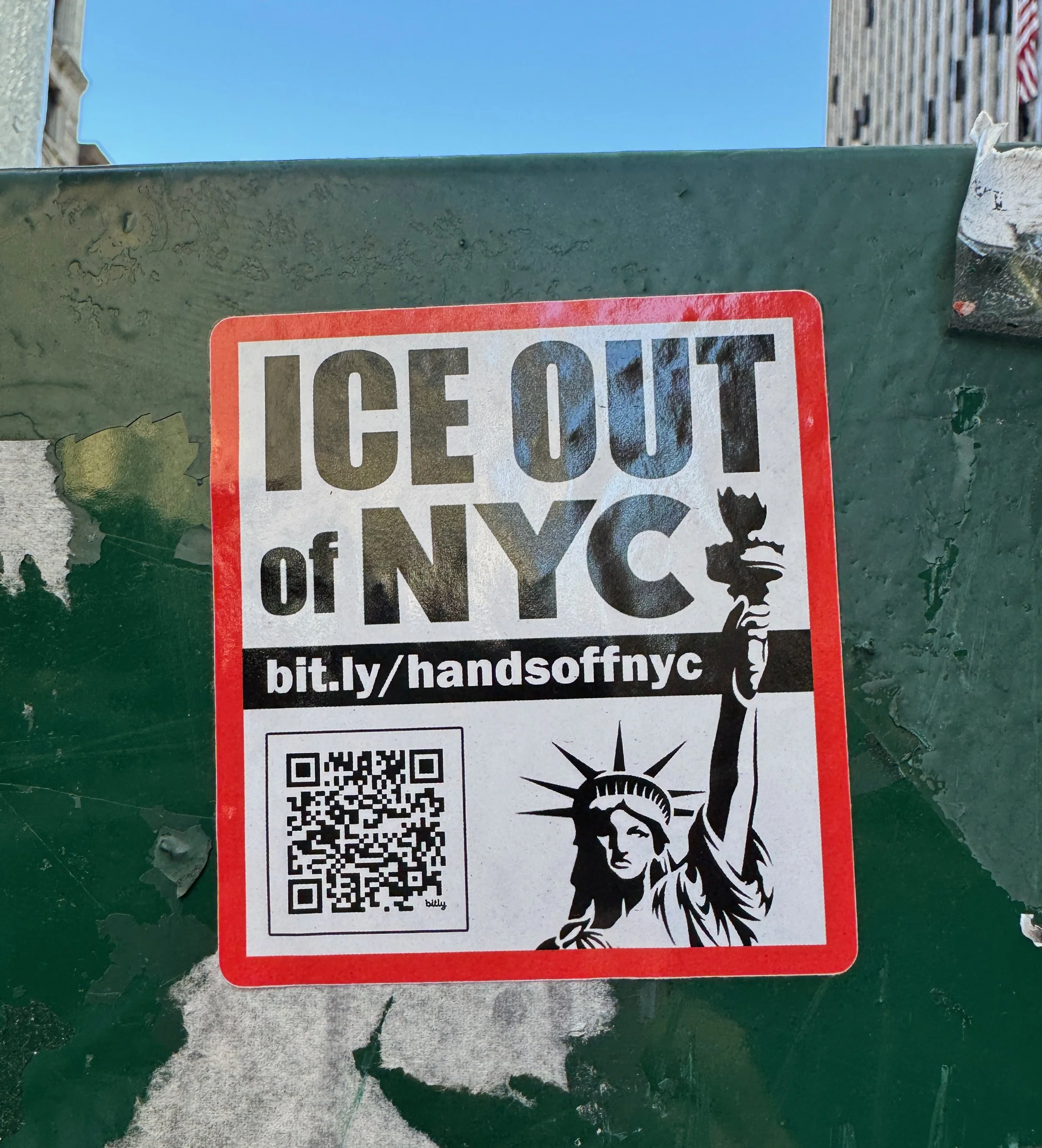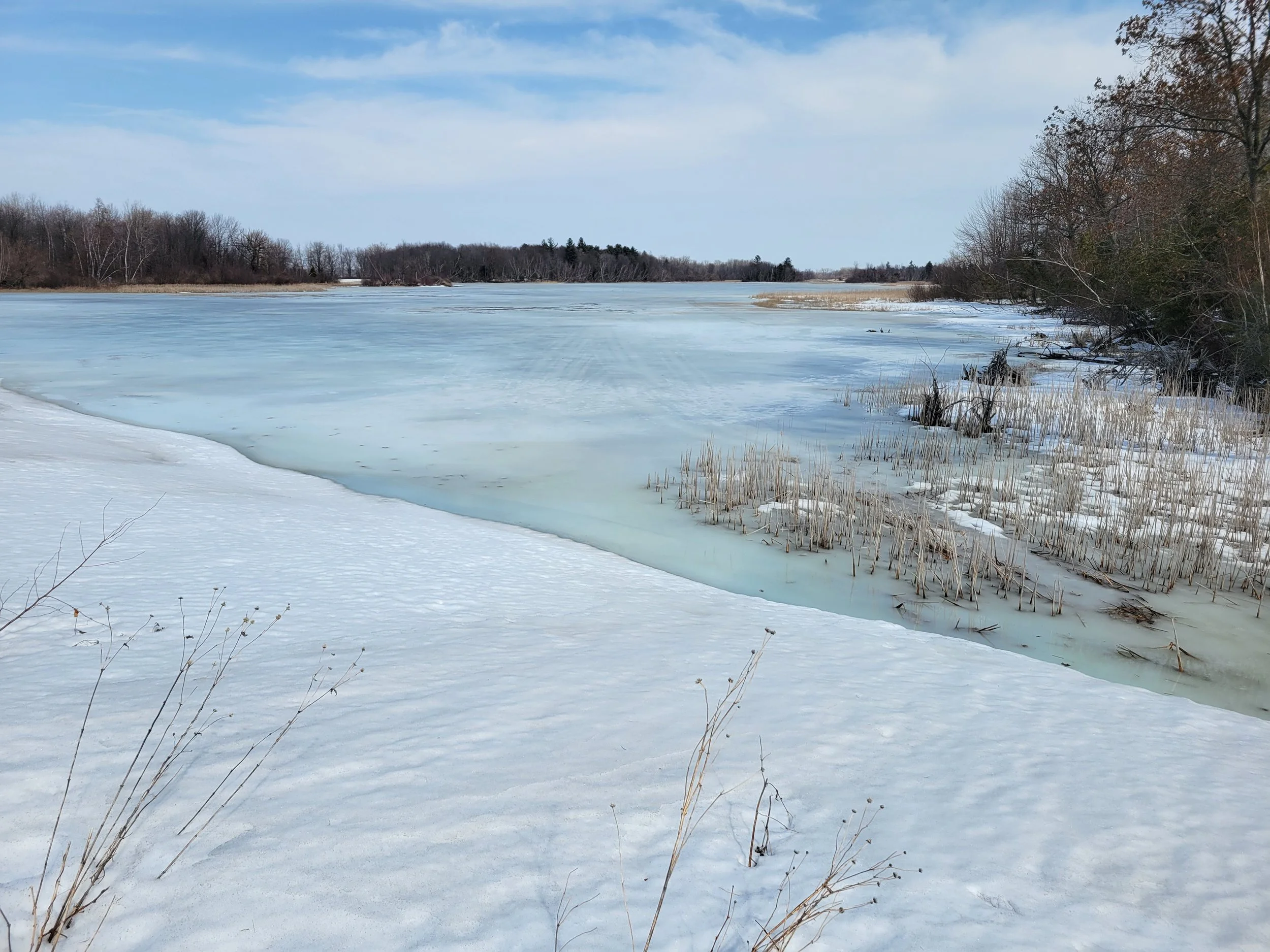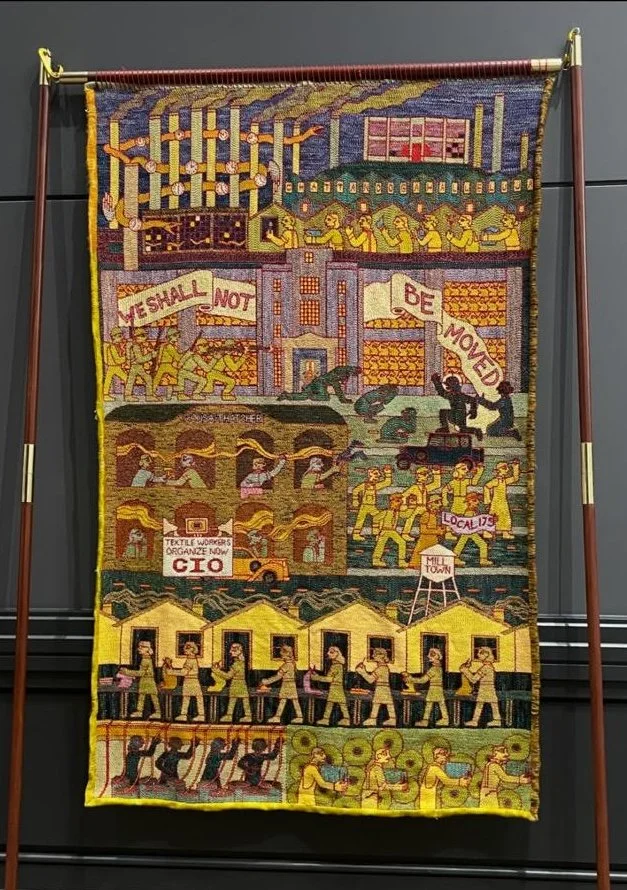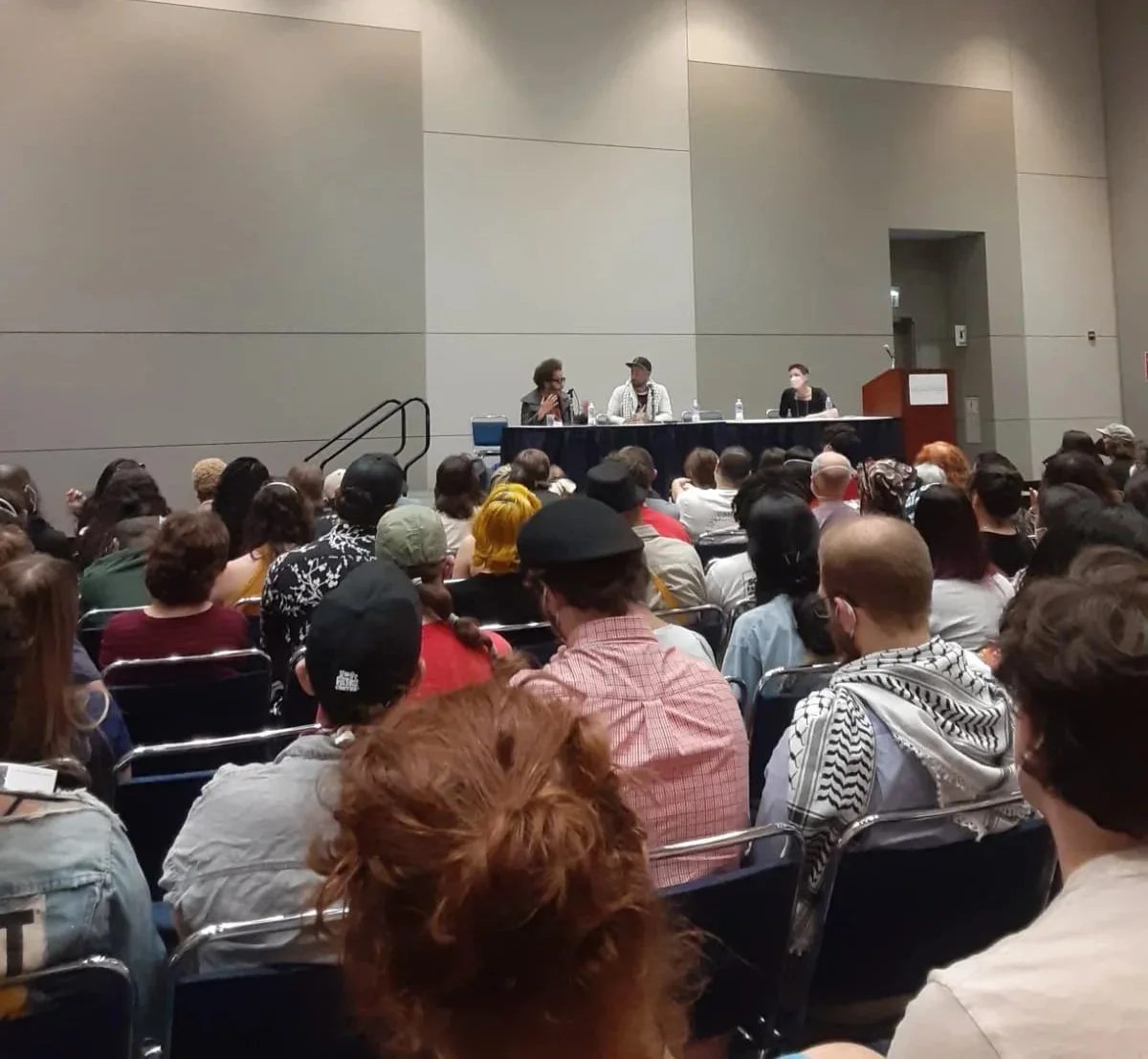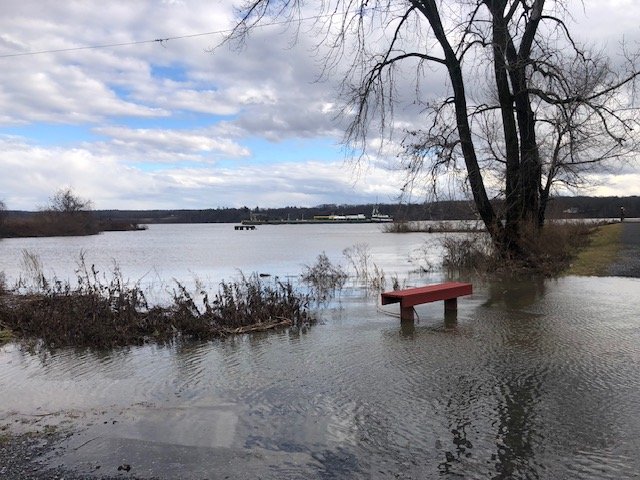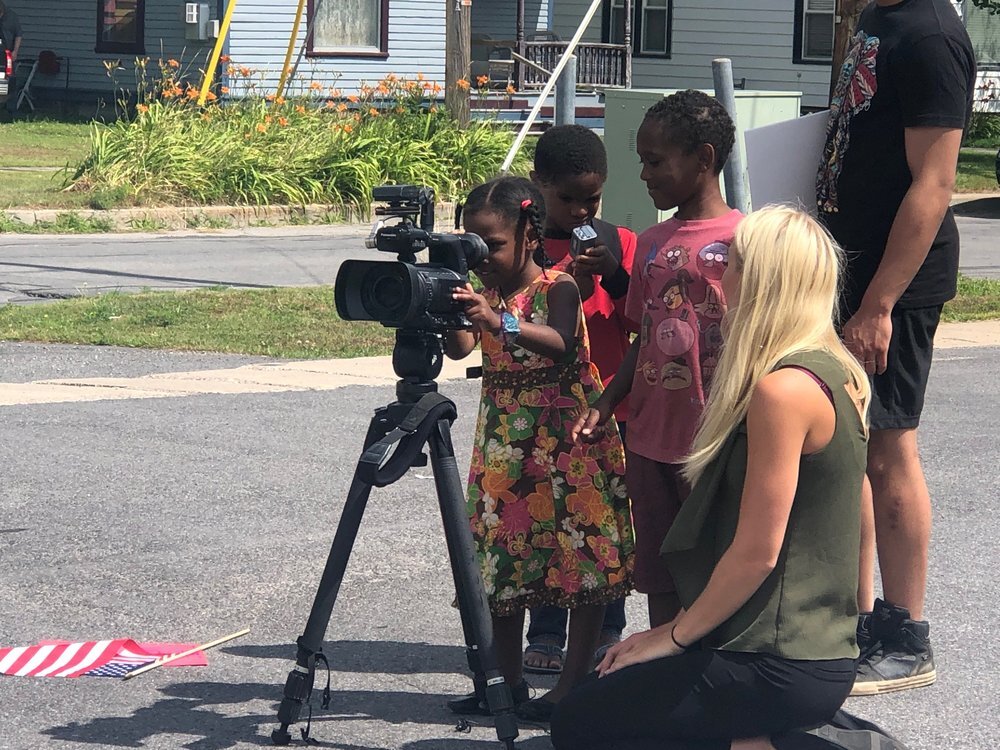
Stories
News

Analysis
Voices
Podcast
Announcements
Events

All Stories
Something You Might Not Know About: Blackstone’s Champlain Hudson Power Express
The Champlain Hudson Power Express (CHPE), a transmission corridor owned by a subsidiary of private equity group Blackstone, is designed to import hydroelectricity from Canada to Queens. A closer look at the situation, however, reveals that the project represents an effort by a leading fossil fuel profiteer to augment its fossil fuel profits with greenwashed imported hydropower as a false climate solution.
Colonization in Palestine is an Objective Reality, Not a Talking Point
As recently as a few years ago, it would have been very unusual to see an article in a major US publication openly trying to refute what much of the world knows: that Israel’s project in Palestine is a settler colonial project. The standard practice was simply to ignore the colonization issue. Yet in recent months, we are seeing more and more pieces seeking to debunk the “decolonization narrative,” all the more so since Israel began its genocidal assault on Gaza after the Oct. 7 Hamas attacks. This is a welcome sign that the colonizers are losing control of the narrative.
“We must not stand by quietly”: A Call to Resist Eviction of Palestinians from East Jerusalem Homes
As his and other Palestinian families are threatened with eviction in the East Jerusalem neighborhood of Sheikh Jarrah, Mohammed El-Kurd issues a call for international support against Israeli colonization.
Food Sovereignty and the Future of Regenerative Farming
In his third article previewing the upcoming North Country Art, Land, and Environment Summit to be held from September 9 to October 2, Derek Sherrange draws on the work of educator and farmer Dr. Himanee Gupta-Carlson to explore the concept of food sovereignty and its relevance for the work of overcoming settler-colonial structures and building regenerative forms of agriculture.
Ecocentrism – Looking to Other Ways of Knowing
In his second article previewing the upcoming North Country Art, Land, and Environment Summit to be held from September 9 to October 2, Derek Sherrange draws on the work of Dr. Claudia Ford (SUNY Potsdam) to explore the tensions between mainstream (settler) environmentalism and indigenous paradigms grounded in ecocentrism and traditional ecological knowledge.
On Settler Colonialism: Hearing from the Kanien:keha'ka (Mohawk) Nation
In preparation for the upcoming North Country Art, Land, and Environment Summit to be held from September 9 to October 2, Derek Sherrange begins a new series on food sovereignty and decolonization. In this first installment, Sherrange provides an overview of the concept of settler colonialism and shares the insights of Katsitsionni Fox (Bear Clan), a Kanien:keha'ka (Mohawk) artist, filmmaker, and educator.
Kia Kaha te Reo Māori: The Cultural Conservation in Māori Language Week
By Ellen Allerton
Ellen Allerton explores the complex cultural politics and public debates surrounding Māori Language Week, part of a larger effort to grapple with New Zealand’s history of colonization. While the promotion of te reo Māori (the Māori language) has generated both expressions of cultural pride and conservative backlash, it also involves troubling examples of what Allerton calls “commodification of the culture through performances and feasts that are meant purely to attract tourists.”
“They’ll Take the Sea From Us”: A Nautical Glimpse Into Palestine’s Colonial Confinement
By John Collins
“In the past, fishing was better, because we could go out 12 nautical miles and no one targeted us,” observes one of the young Gazan fisherman. “Now, it’s only six miles and there’s no fish there.” This basic fact - the literal shrinking of the space within which people in Gaza can engage in fishing without risking harassment and death at the hands of the Israeli military - lies at the core of “Six Miles Out,” a striking new video released on Facebook last week by the We Are Not Numbers project (whose work has been featured previously here on the Weave News site).
Interweaving: Somdeep Sen on Race, Fieldwork, and Colonization in Israel/Palestine
By John Collins
As part of our occasional series of “Interweaving” conversations, I recently had the opportunity to interview Dr. Somdeep Sen, a Weave News blogger and postdoctoral researcher at the University of Copenhagen, regarding a number of issues related to his field research in Palestine/Israel. Our conversation touched on his experience of the politics of race and violence while in the field as well as his first-hand observations from Jerusalem and the West Bank regarding the current state of Israel's settler-colonial project.



